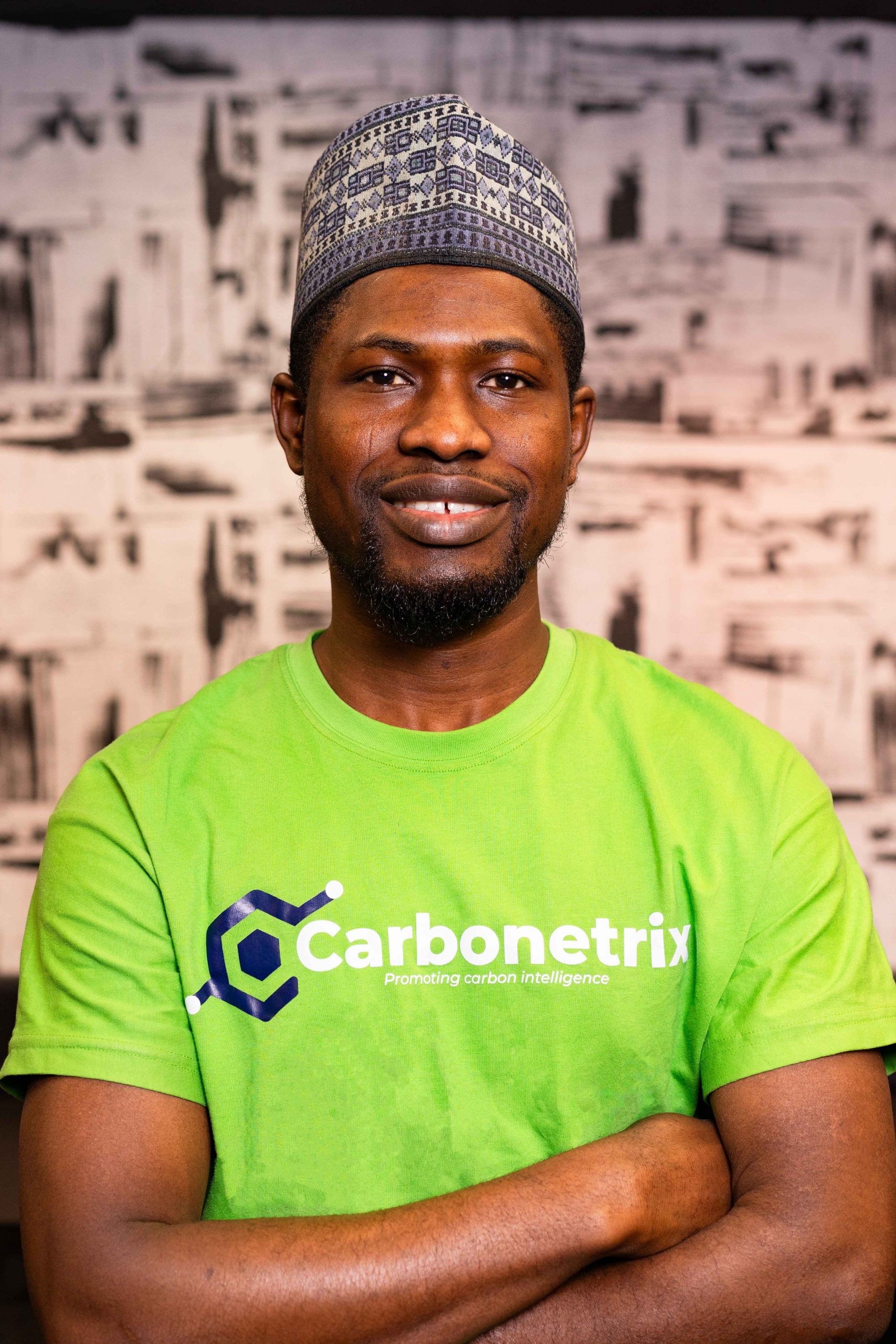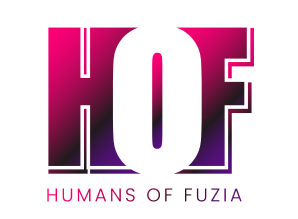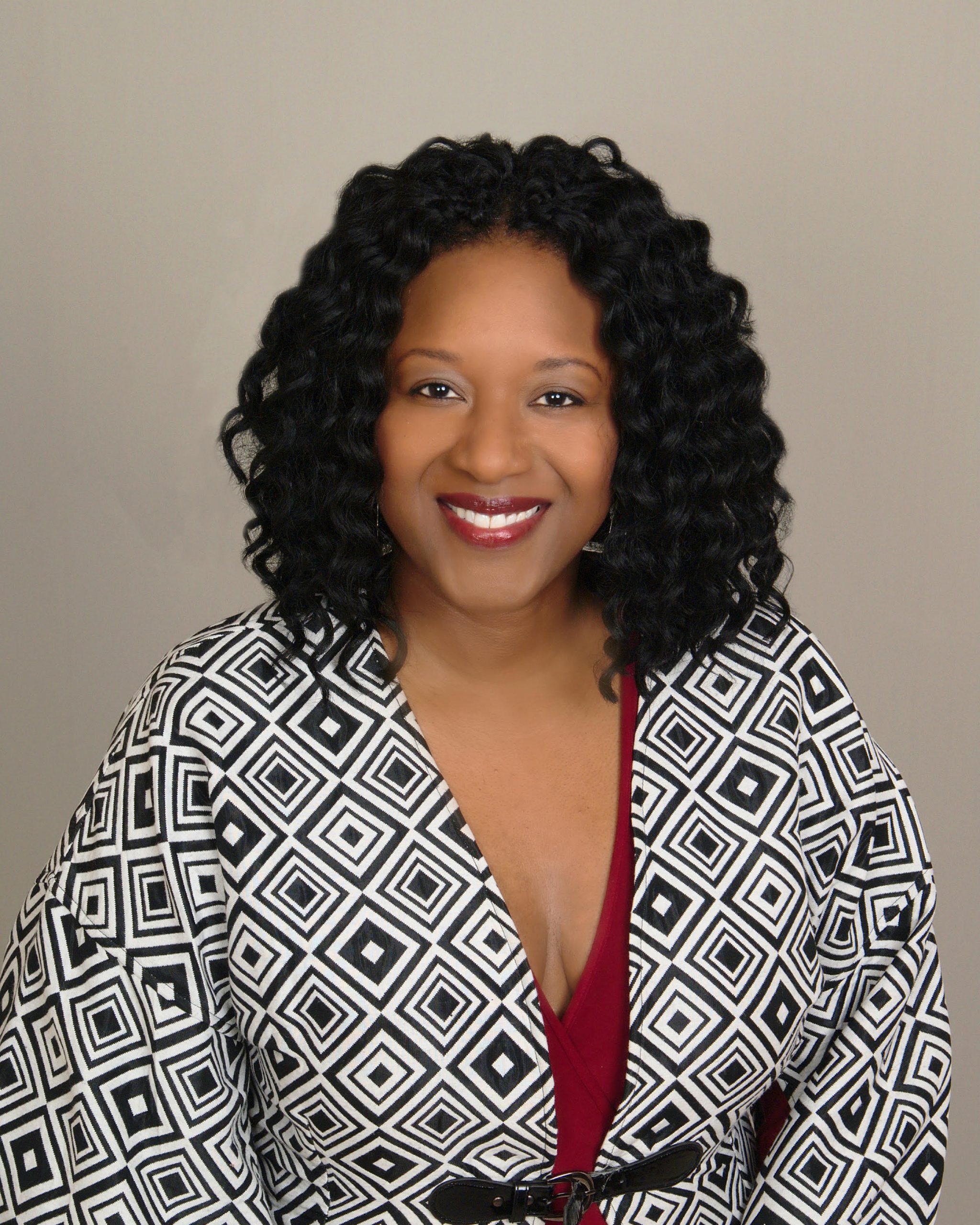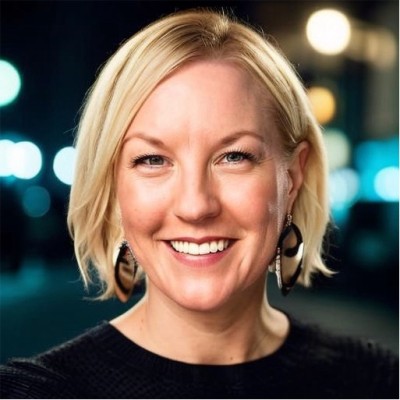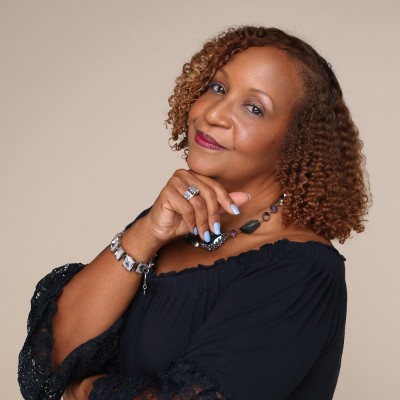Sue Tinnish, PhD, is an executive coach with a remarkable career spanning corporate banking, academia, consulting, and leadership development. Her journey reflects resilience, adaptability, and a passion for helping others grow. From managing teams at Citicorp to serving as a dean of a business school, to now coaching entrepreneurs and executives through Vistage, Sue has always been committed to building people and organizations. Humans of Fuzia is proud to feature Sue’s story to inspire our 5 million community members—women and allies worldwide who believe in the power of “He for She” and “She for She.” Her story reminds us that leadership is about taking risks, learning continuously, and empowering others along the way.
Q: Sue, can you share the journey that led you to become an executive coach?
I’ve had the privilege of working across very different fields. I started in corporate banking with Citicorp, then became an entrepreneur focusing on leadership and culture. Later, during the 2008 economic downturn, I transitioned into academia, teaching and eventually becoming the dean of Kendall College’s School of Hospitality Management and Business. I loved teaching, mentoring young people, and working on international projects.
But as the school’s future became uncertain, I wanted to explore something new before it was too late in my career. That’s when I discovered executive coaching through Vistage. I loved the idea of having autonomy but also being connected to a larger community. Now, I coach small and mid-sized business owners, helping them grow as leaders and scale their businesses.
Q: What do you love most about being an executive coach?
Selfishly, it keeps me learning. I need to stay current on business issues, which I enjoy. But what truly excites me is helping people reframe problems, shift their mindsets, and gain clarity. It’s not about giving them solutions—it’s about guiding them to discover their own. Watching their growth, both personally and professionally, is incredibly rewarding.
Q: In today’s world, AI is changing how we live and work. What are your thoughts on it?
I see AI as a tool—just like calculators, spreadsheets, or even the internet once were. It changes how we work, but it doesn’t replace human creativity. That said, it raises ethical questions around programming and usage, and we must be thoughtful about how we apply it.
I do worry about two things: young people losing problem-solving skills if they over-rely on AI, and the potential impact on entry-level jobs. But overall, I believe it expands possibilities for knowledge workers. The key is focusing on uniquely human skills that AI can’t replace.
Q: You’ve spoken about women in leadership. What do you think are the biggest challenges women face today?
One word—risk-taking. Women often struggle with imposter syndrome, feeling like they’re not “good enough” to put their ideas forward. Men are often taught to take risks from a young age, while women are encouraged to be perfect. This hesitancy holds many women back from stepping into leadership or entrepreneurship.
We need to shift the mindset: failure is not the end; it’s feedback. Success comes when we’re willing to take a shot, learn from mistakes, and keep going.
Q: Who has inspired you the most in your journey?
There are many. Jane Davis, a close friend, has always supported me personally and professionally. Dr. Glenn Ramsborg, who was a colleague, mentor, and collaborator, greatly influenced my academic and professional life. And Amy Spatrazano, who worked in the sustainability movement, inspired me as well. Each of them enriched my journey in unique ways.
Q: What advice would you give to budding entrepreneurs?
Don’t just think about growing your business—think about scaling it. Growth often relies on you, but scaling requires building people and processes so your business can thrive without being completely dependent on you. As an entrepreneur, your role evolves into becoming a leader of leaders. That’s what will truly allow your business to reach its full potential.
“Take risks, embrace feedback, and don’t let fear of judgment stop you. Growth comes from trying, failing, learning, and trying again.” – Sue Tinnish
Want to be featured?
If you’d like to be featured in the Humans of Fuzia series, email us at fuziatalent@fuzia.com.



